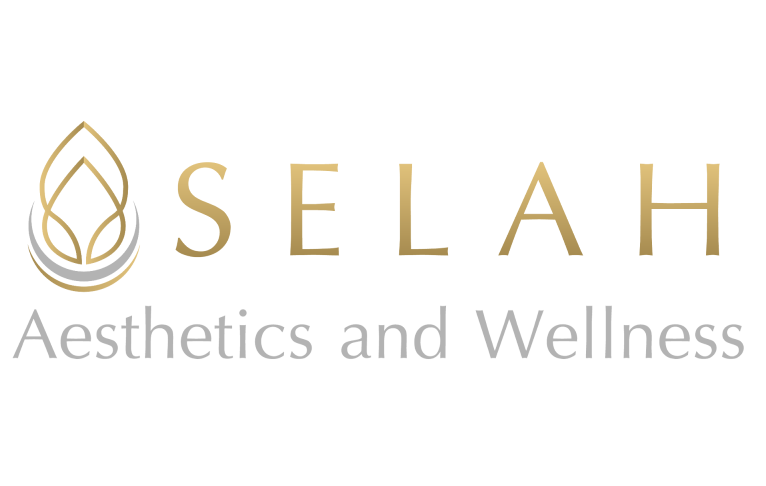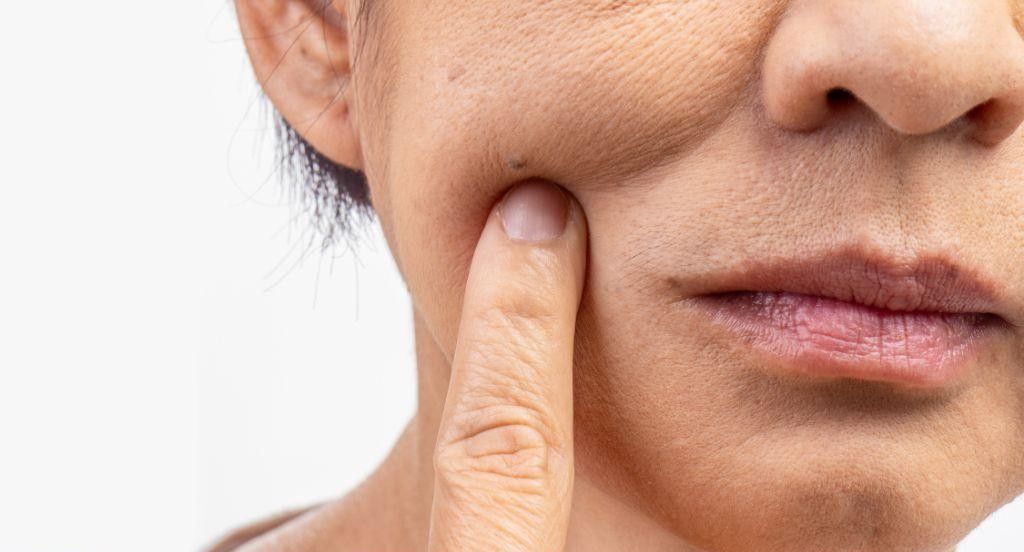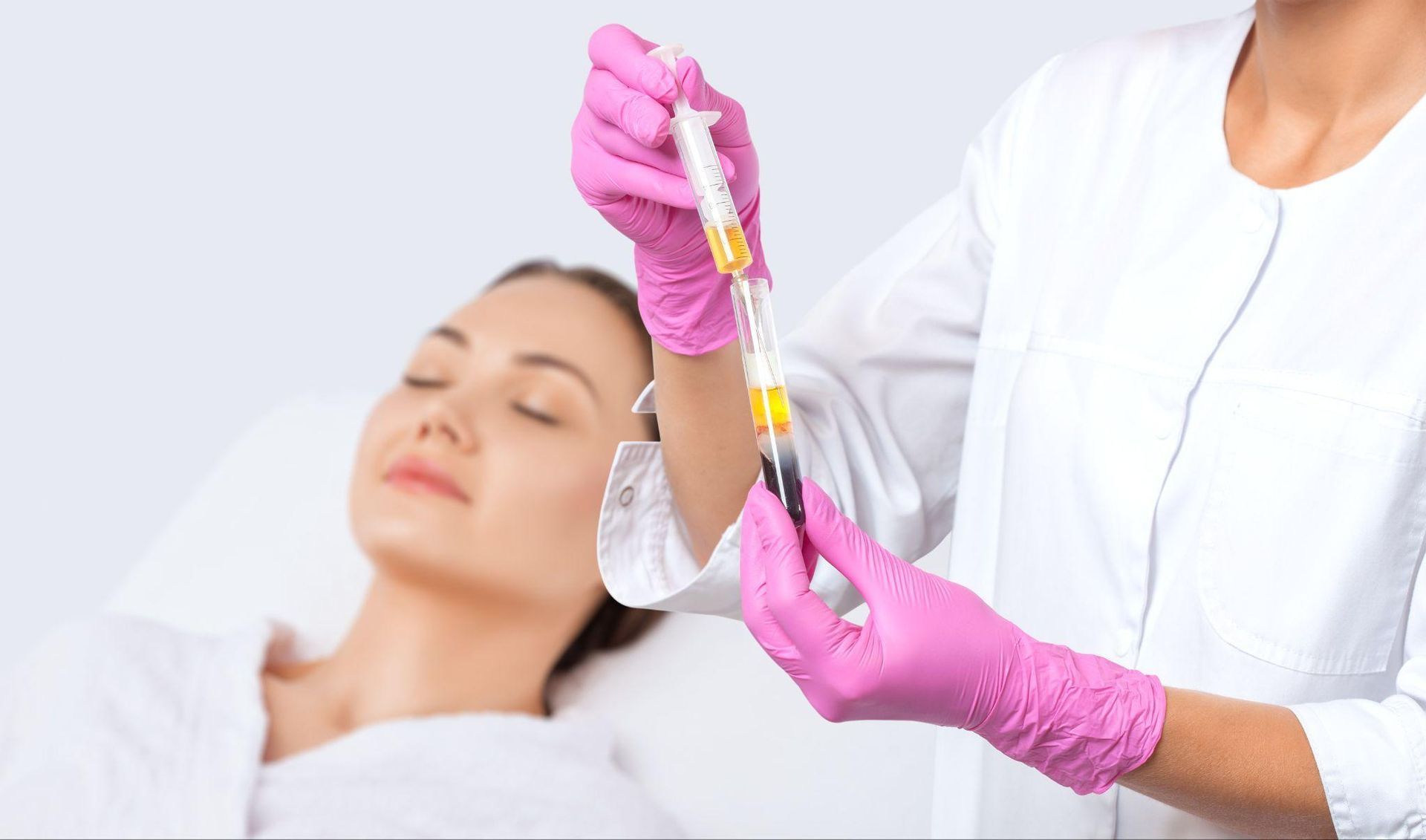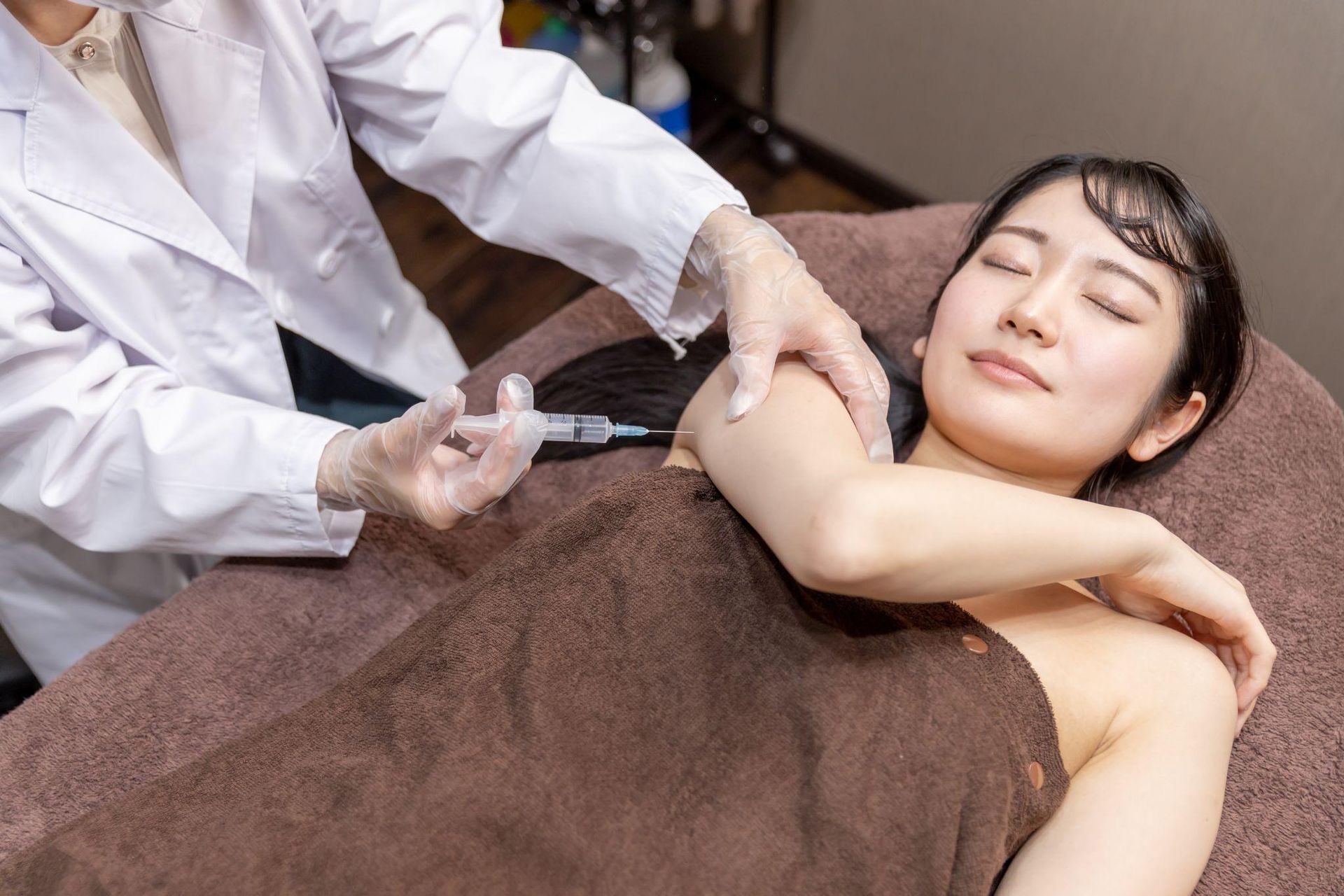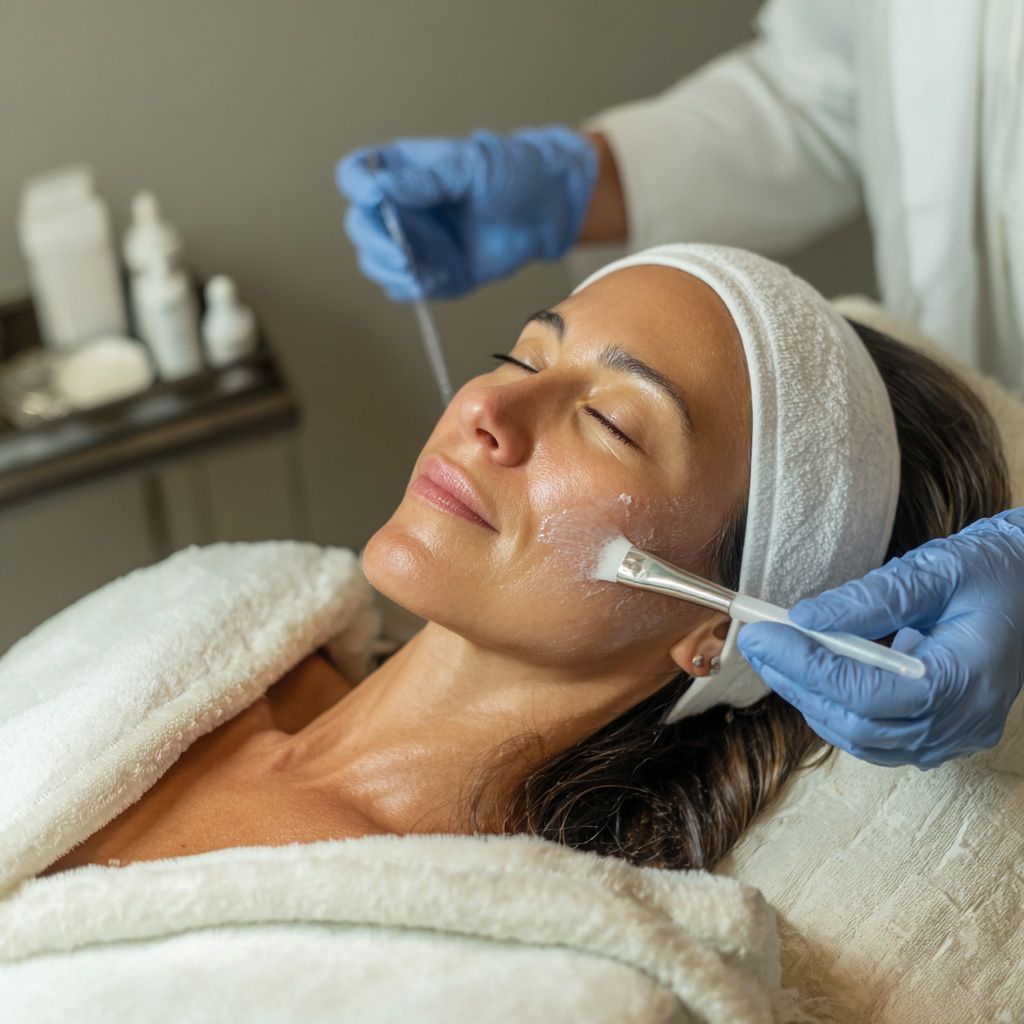You run your hands through your hair and feel that spot that used to be thicker. Maybe you’ve noticed more strands in the shower drain or your part getting a little wider every month. It happens to men and women of all ages, and it hits harder than people admit. Hair loss can quietly chip away at your confidence and change how you see yourself in photos or even in the mirror.
At Selah Aesthetics & Wellness in Columbus, GA, we see this every day; and we help people get their confidence back. With modern hair restoration treatments like PRP therapy, we can help promote natural hair growth without surgery, long recovery, or unnatural results.
If you’ve been thinking about fixing thinning hair but aren’t sure what to expect, here’s a simple breakdown of how it all works and what results really look like.
Understanding Hair Loss: Causes and Considerations
Before jumping into treatment, it helps to know why you’re losing hair in the first place.
Common Causes of Hair Loss
According to Mayo Clinic, the most common causes of hair loss include:
- Heredity (male or female pattern baldness) — a genetic condition passed down through family.
- Hormonal changes — pregnancy, menopause, thyroid issues, or dihydrotestosterone (DHT) imbalance.
- Stress and illness — physical or emotional stress can temporarily stop follicles from growing.
- Medications — some drugs for blood pressure, depression, or arthritis can cause hair thinning.
- Nutrient deficiencies — low iron, protein, or vitamin D can slow or stop new growth.
- Autoimmune conditions — alopecia areata and similar issues cause the immune system to attack follicles.
Health and Lifestyle Factors That Matter
Sometimes the cause of your hair loss is a mix of small things; diet, sleep, hormones, even how often you pull your hair tight. At Selah, your provider looks at your full health picture before recommending any hair restoration plan.
Why Accurate Diagnosis Is So Important
Diagnosing hair loss properly helps make sure you’re treating the root cause, not just the symptom. A qualified medical provider may check your scalp, review your medications, or order bloodwork. That’s how we know if you need PRP, topical medication like minoxidil (Rogaine), or another approach entirely.
What Hair Restoration Can and Can’t Do
Hair restoration can help stimulate regrowth and improve hair density, but results depend on the type of hair loss. If the follicles are still active, PRP can work wonders. If they’re completely inactive or scarred, surgical options like a hair transplant may be needed. Either way, realistic expectations matter, and at Selah, we’ll help you understand what your hair can truly achieve.
Your Initial Consultation at Selah

Think of your consultation as your starting point; where we identify the cause, discuss treatment options, and create your personalized plan.
What Happens During the First Visit
You’ll talk one-on-one with a trained medical provider. We’ll discuss when you first noticed thinning, your medical history, lifestyle habits, and any supplements or medications you’re taking. Then we’ll examine your scalp to see where hair follicles are still active and where growth has slowed.
Setting Real Goals
Some clients want to fill in a receding hairline. Others want to thicken the crown or prevent more shedding. Your provider will help you set goals based on your degree of hair loss and how quickly you want to see changes.
Choosing the Right Treatment Plan
If your hair follicles are still healthy enough for stimulation, PRP for hair restoration is often the first choice. We may also recommend low-level laser therapy, topical medications like minoxidil, or prescription options such as finasteride or dutasteride for men.
Getting Ready for Treatment
Before your first session, avoid alcohol and anti-inflammatory medications for a few days, drink plenty of water, and come in with clean, dry hair. Simple prep makes your PRP session smoother and your results stronger.
PRP Therapy for Hair Restoration

PRP therapy is a non-surgical procedure that uses your own blood to encourage new hair growth. It’s safe, natural, and works by targeting one of the main problems behind thinning; inactive or weakened hair follicles.
Here’s what happens during the process. A small amount of your blood is drawn and placed in a centrifuge, a medical device that spins it at high speed to separate the plasma layer rich in growth factors. This golden plasma is then injected into areas of your scalp where hair growth has slowed, such as the crown, temples, or part line. Those growth factors act like little messengers; they tell the follicles to repair, regenerate, and begin producing thicker, stronger strands again.
What the Research Shows
You’ve probably heard about PRP in skincare or joint therapy, but when it comes to hair, the science is growing fast. Studies have repeatedly shown that PRP helps increase hair density, strength, and thickness in both men and women dealing with androgenic alopecia (pattern hair loss).
A 2023 review in the Journal of Cosmetic Dermatology found that patients receiving PRP had significant improvements in hair count and thickness within six months.
Another study published in Dermatologic Surgery in 2025 reported that after three monthly sessions, participants saw a 30–40% boost in overall hair density. Even earlier research from the International Journal of Trichology showed that PRP led to better results and higher patient satisfaction compared to topical treatments alone, like minoxidil.
At Selah, we see the same story every day. Clients start noticing less shedding after the first couple of treatments. By the third or fourth session, new baby hairs begin to appear where the scalp once looked sparse. Over time, that fine regrowth turns into stronger, thicker strands.
How Long Results Take
PRP works gradually because it follows your body’s natural growth cycles. Most people notice early improvements in about three to four months, with full results developing around the six-month mark. After completing the initial series, we usually recommend maintenance sessions every six to twelve months to keep follicles active and prevent future thinning.
Why People Choose PRP
People love PRP because it’s natural, safe, and fits into real life. There’s no surgery, no linear scar, and no downtime. You can go back to work right after your appointment. Since the treatment uses your own plasma, there’s virtually no risk of rejection or reaction. It’s an ideal solution for anyone experiencing mild to moderate thinning who wants real results without the hassle of a transplant.
What to Expect on Treatment Day

PRP treatments are done right in our clinic. You’ll be comfortable the whole time.
Before the Procedure
You’ll arrive with clean hair and a relaxed scalp. A small amount of your blood is drawn, similar to a lab test. The sample goes into the centrifuge, which separates the plasma in about ten minutes.
During the Procedure
Your provider will cleanse your scalp and apply a local anesthetic to minimize discomfort. Then the platelet-rich plasma is injected into areas where your hair is thinnest; often along the part, crown, or temples. Most people describe it as mild pressure or pinches, not pain.
After the Procedure
The treatment usually takes less than an hour. You might have slight redness or tenderness for a day. Avoid washing your hair for 24 hours and skip intense workouts for a day or two.
Recovery, Aftercare & Timeline of Results

You’ll notice some improvement as early as two to four months, but the best results come after completing a series of sessions.
How Your Scalp Heals
A bit of swelling or tightness is normal. These signs mean blood flow and growth activity are increasing.
At-Home Care Tips
- Don’t scratch or irritate the scalp where hair was treated
- Avoid harsh shampoos for a few days
- Stay hydrated and eat protein-rich foods to support growth
- Be patient; new follicles take time to cycle and grow
When to Expect Real Change
According to the Cleveland Clinic, it takes about three to six months for visible results from PRP. You’ll notice less shedding first, followed by new short hairs growing in thin areas.
Maintenance Treatments
Most clients schedule a booster treatment every six to twelve months to keep follicles active and prevent future thinning. Think of it as part of your long-term wellness routine.
Risks, Considerations & Who It’s Not For
PRP therapy is generally safe because it uses your own blood, but there are still a few things to keep in mind.
Possible Side Effects
Side effects may include mild soreness, redness, or bruising at the injection sites. Infection is rare, especially when performed in a sterile environment by a medical professional.
Who Should Avoid PRP
People with blood disorders, active infections, or those on blood thinners may not be candidates. Your provider will review your health history to ensure it’s safe.
Cost and Commitment
Hair restoration is a personal investment. Costs vary depending on how many sessions you need and whether additional treatments like laser therapy or medication are added. During your consultation, we’ll outline all costs upfront.
Why Choose Selah Aesthetics & Wellness in Columbus, GA
At Selah Aesthetics & Wellness, we believe confidence starts with how you feel about yourself. Our providers are experienced in regenerative medicine and aesthetic wellness, combining clinical expertise with compassionate care.
We don’t just treat hair loss; we treat you. Your hormones, stress, nutrition, and self-esteem all matter. That’s what makes Selah different.
Frequently Asked Questions
1. What is the best hair restoration treatment?
The best hair restoration treatment depends on the cause and stage of your hair loss, but PRP therapy (platelet-rich plasma) is one of the most effective non-surgical options for many people. It works by using your own blood’s growth factors to stimulate dormant hair follicles and promote natural regrowth. For advanced or permanent loss, surgical options like FUE (follicular unit extraction) may be better.
2. How much does hair restoration treatment cost?
Hair restoration treatments usually cost between $500 and $3,000 per session, depending on the method and your level of hair loss. PRP for hair restoration tends to fall in the lower range, while surgical hair transplants can cost several thousand dollars per procedure. At Selah Aesthetics & Wellness, we review your options during consultation so you understand exactly what you’re paying for and how many sessions are needed for lasting results.
3. What do most dermatologists recommend for hair loss?
Most dermatologists recommend a combination approach; starting with FDA-approved medications like minoxidil (Rogaine) and finasteride (Propecia), then adding treatments such as PRP therapy or low-level laser therapy for enhanced results. These methods work together to slow shedding and stimulate regrowth while maintaining existing hair. The right plan depends on your specific diagnosis and how your follicles respond to treatment.
4. Which is better, PRP or FUE?
Neither is universally “better.” It depends on your degree of hair loss. PRP therapy is best for people who still have active follicles and want to stimulate natural regrowth without surgery. FUE (follicular unit extraction) is a surgical hair restoration technique that moves grafts from a donor site to balding areas and is better for advanced or permanent hair loss. Many clinics combine both PRP and FUE to improve graft survival and final density.
5. What is the success rate of hair restoration?
Success rates vary, but PRP treatments show 70–90% improvement in hair density for eligible patients, while surgical transplants like FUE can have success rates over 90% when performed by skilled surgeons. Results depend on your hair type, health, and consistency with follow-up treatments. Early intervention generally leads to stronger, more noticeable regrowth.
Conclusion
Losing your hair doesn’t mean losing your confidence. With PRP hair restoration, you can take control of your hair growth again in a safe, natural way.
At Selah Aesthetics & Wellness in Columbus, GA, our mission is simple; to help you look and feel your best. From diagnosis to aftercare, our team supports you every step of the way. Whether you’re just starting to notice thinning or you’ve been dealing with hair loss for years, we’ll build a plan that fits your goals, your budget, and your life.
If you’re ready to finally do something about your hair, schedule your consultation today and discover how PRP can help restore your confidence; one strand at a time.

Lauren Hodge, MSN, FNP-C, is a board-certified Family Nurse Practitioner and aesthetic injector in Columbus, GA, with advanced training in regenerative medicine and aesthetics. She combines her background in pediatrics, pain management, and orthopedics with a passion for natural results, helping patients look and feel their best.
